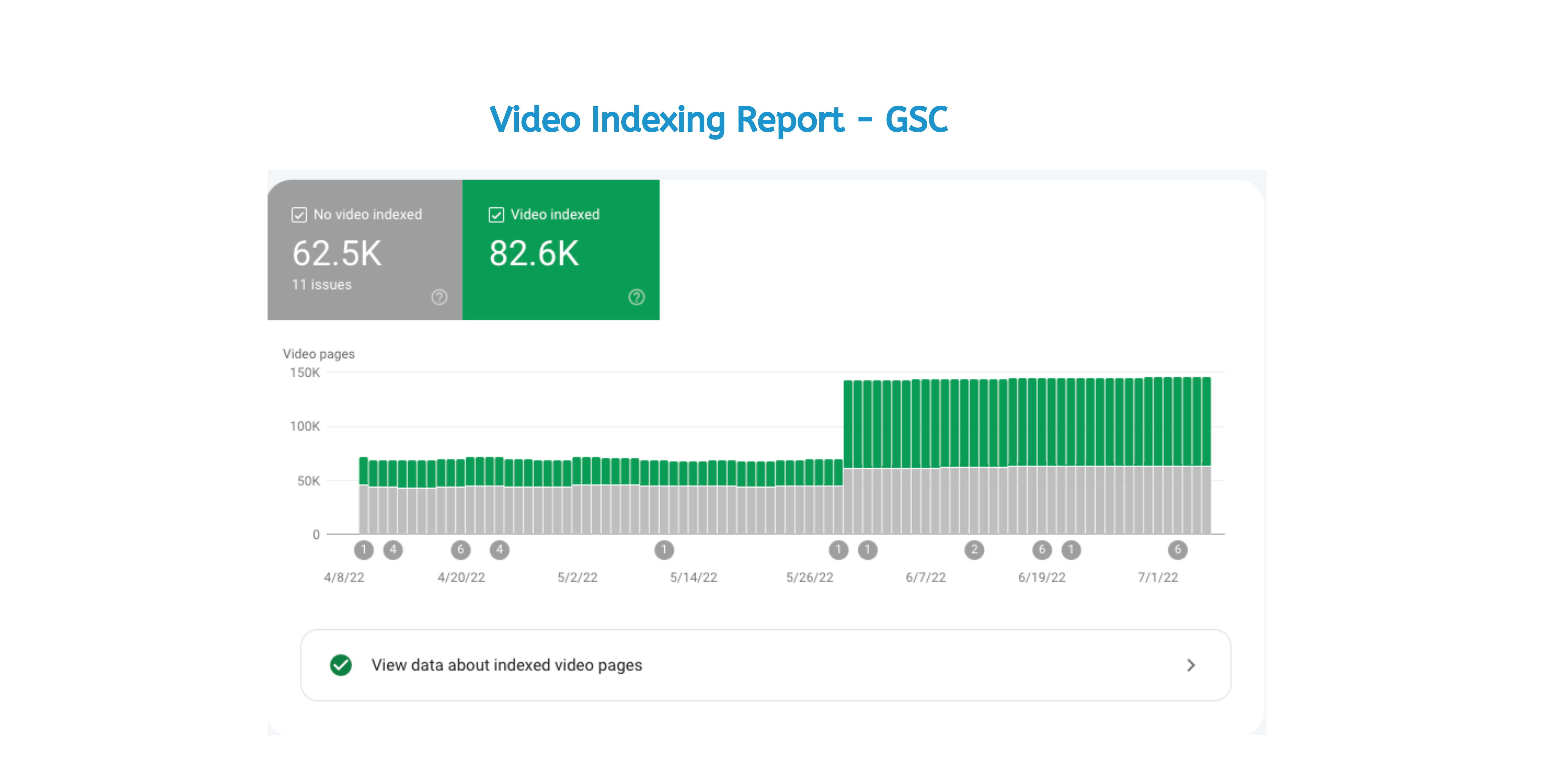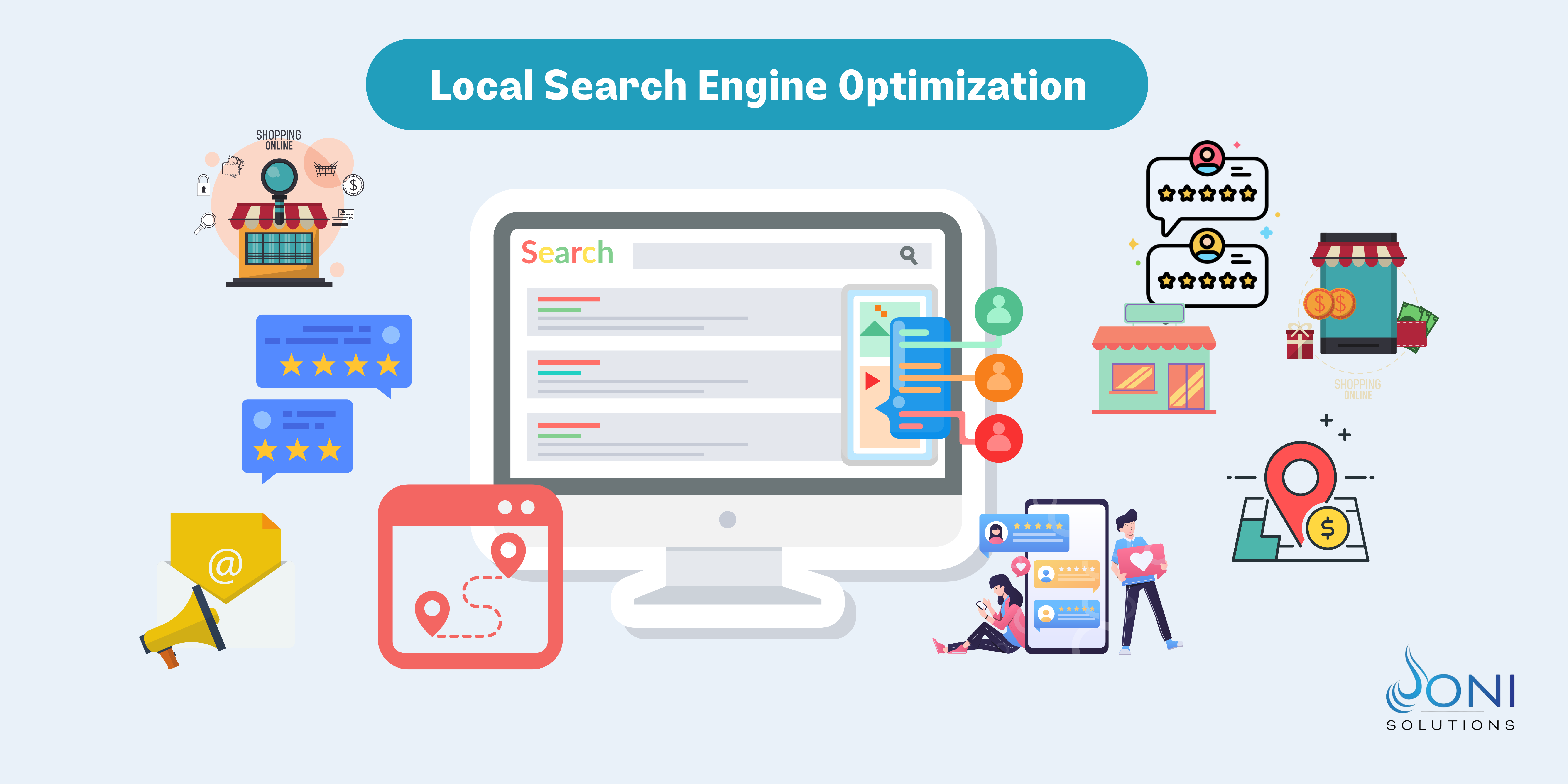Digital Darwinism: Why Mastering Reputation Management is Key to Business Success.

The emergence of the digital era has instigated a paradigm shift in the way businesses operate,
necessitating a holistic approach to reputation management in digital marketing. With the proliferation
of social media platforms and the omnipresence of online reviews, businesses need to ensure the
cultivation of a positive online reputation to thrive.
Reputation management has become an essential aspect of digital marketing in today's online-driven
business environment.
What is reputation Management?
Reputation management is a proactive approach to managing the online perception of a business,
individual, or brand. This practice involves monitoring and responding to online reviews, comments,
and mentions to ensure that potential customers are presented with accurate and positive information.
It also involves implementing review generation strategies to encourage satisfied customers to leave
reviews, and addressing negative feedback to improve customer satisfaction and reputation. The
ultimate goal is to leave a positive impression on the searcher regardless of where they come across
the brand online.
Why is it important?
The era of yore where word-of-mouth advertising reigned supreme as the primary mode of
promoting businesses has long since passed. In the present era of digitalization, online reputation
holds the key to success for businesses. While a contented customer may still spread the word
about their experience with their acquaintances, they are also inclined to leave a review
on online platforms or social media websites.
These reviews, coupled with online ratings and comments, often constitute the initial impression that
potential customers gain when researching a business. The impact of online reputation management is
twofold - on one hand, it empowers consumers by providing them with crucial information about a
business's reliability, trustworthiness, and authenticity, helping them make informed decisions.
On the other hand, it can be a nightmare for marketers, as negative comments or reviews can
tarnish a business's reputation and harm its prospects.
Pros and Cons of Reputation Management:
In today's fast-paced digital world, where information spreads at lightning speed,
a business's online reputation can either propel it to success or bring it crashing down.
The benefits and drawbacks of implementing a reputation management strategy.
Pros:
1.One of its most significant benefits is its ability to help eradicate negative publicity and reviews from
the internet. This is crucial, where negative comments can spread like wildfire and tarnish a
company's reputation in an instant.
2. By maintaining a positive reputation, businesses can improve customer loyalty and retention rates.
Happy customers are more likely to return and recommend the business to others, which can lead to
more sales and revenue.
3. Act as a catalyst in driving traffic to a website by improving its search engine ranking, resulting in a
higher click-through rate from potential customers.
Cons:
1, Reputation management tactics such as fake reviews or deleting negative reviews can lead to legal
issues and damage a company's reputation further.
2. It's a time-consuming process that requires constant monitoring and maintenance. This can be a
challenge for businesses that have limited resources or staff.
3. Reputation management can be expensive, especially for small businesses that may not have the
resources to invest in it. This can make it difficult for them to compete with larger companies that have
a larger budget for reputation management.
How to manage Brands Online Reputation:
With millions of users visiting sites every day, businesses need to present themselves positively to
potential customers to attract and retain them. Having a solid online reputation management strategy
can help businesses achieve this by creating a positive image of their brand and attracting a larger
customer base.
With the vast amount of information available on the internet, managing a brand's online reputation
has become a crucial aspect of marketing. But how do you manage your brand's online reputation
effectively? It requires a combination of advanced strategies, cutting-edge technologies, and a
thorough understanding of your audience.
From monitoring social media channels to responding to customer reviews, every aspect of a brand's
online presence should be carefully crafted to ensure a positive reputation. With the right tools and
techniques, a business can not only protect its reputation but also leverage it to drive growth and
success. So, if you want to stay ahead in today's competitive digital landscape, mastering the art of
online reputation management is a must.
Social media can also be a double-edged sword, but reputation management experts can
manipulate it to their advantage. Legal guidelines are in place to remove negative online imagery,
and reputation management can address biased or unreliable information on Wikipedia.
Misinformation and confusion on blogs can also be addressed through reputation management.
By proactively managing these reputation problems, businesses can protect their brand and
maintain a positive online reputation.
In conclusion, reputation management is a crucial aspect of digital marketing that businesses cannot
afford to overlook. By maintaining a positive online reputation, businesses can build trust and
credibility with their customers, improve their search engine ranking, and increase their overall
success. By following the steps outlined in this article, businesses can effectively manage their online
reputation and stay ahead of the competition in the digital landscape.




